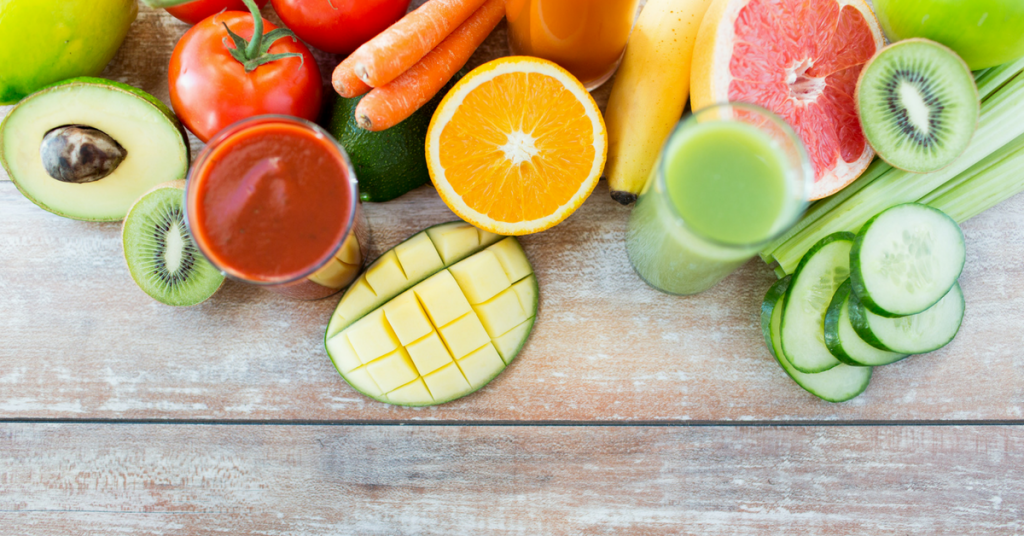Blog
Hay fever & allergy fighting foods
Spring has definitely sprung here in Sydney. It is a gorgeous time of year, with the days getting longer and the sun shining a little stronger. For those with hay fever and seasonal allergies, however, spring can be quite a miserable time. Sneezing, itchiness, scratchy throats, and dripping noses do not make for an enjoyable spring.
What causes hay fever and allergies?
Hayfever and other allergies occur when the immune system becomes highly reactive to substances known as allergens. Some common allergens include pollens, dust mites, cockroaches, animals (saliva), moulds and cigarette smoke. Reactions to allergens vary greatly from person to person and the severity of allergies depends on a number of factors such as genetics, antibiotic use, and dietary. While there is not much we can do to change our genetics and previous exposure to antibiotics, there is a lot we can change about the food we eat.
Allergy-fighting foods
Generally speaking, increasing your intake fruits and vegetables will go a long way in supporting a healthy immune system. There are, however, some foods with specific anti-allergic properties that you may want to add to your diet — especially if you suffer from hay fever.
Kiwifruit, pineapple, and papaya
Loaded with vitamin C and bioflavonoids, these fruits are a fantastic immune food. Vitamin C and bioflavonoids help to prevent the release of histamine from immune cells. Histamine is a chemical that is released in response to allergens and contributes to allergy symptoms.
An added benefit of these lovely tropical fruits is that they naturally contain enzymes that aid in the digestion of foods we eat.
Ginger and turmeric
These spices pack a big anti-inflammatory punch. Reducing inflammation can help relieve congestion symptoms in hay fever, as well as skin irritation and welts that can occur with contact allergies.
Try adding a little fresh ginger and turmeric to your salad dressing or juice/smoothie. You could also try a soothing ginger, turmeric, and honey tea — perfect for that scratchy throat.
Brazil nuts
The humble brazil nut is one of the richest sources of the mineral and antioxidant, selenium. Adequate intake of selenium is essential for a healthy immune system. Unfortunately, our Australian soils are somewhat deficient in selenium, which means our produce will be typically lower in selenium too. So, when buying brazil nuts look for South American origin brazil nuts as they are likely to contain more selenium.
Eating 4-6 brazil nuts per day will provide a healthy daily dose of selenium and keep your immune system in check.
Legumes
Lentils, legumes, and beans provide prebiotic fibres that feed our gut bacteria, known our microbiota. Why is feeding our gut bugs important? Because our microbiota makes up a significant part of our immune system and can help in controlling the allergic response. If you are new to trying legumes, introduce them slowly — they have a tendency to create a bit of wind.
To help reduce the wind-producing factor, soak dried legumes/lentils for 24 hours in cold water and rinse thoroughly before cooking.
Naturopathic care for hay fever and allergies
While a diet full of healthy fruits, vegetables, nuts, and seeds will provide a solid foundation for balancing an overreactive immune system, sometimes a little herbal intervention is required to help ease acute symptoms. There may also be other environmental or dietary factors contributing to your hay fever symptoms, which can be assessed in a naturopathic consultation.
Sarah Woolner
Naturopath & Clinical Nutritionist


